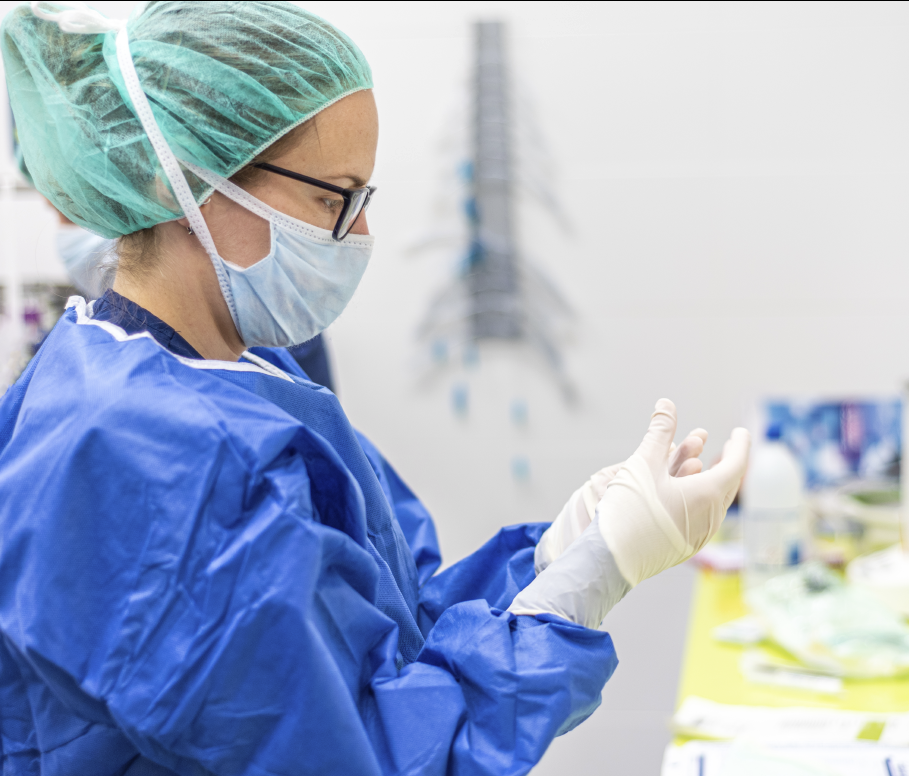As a new year begins, world leaders are looking to discuss how to best prepare for and respond to emerging health threats. The World Health Organization (WHO) Pandemic Prevention, Preparedness and Response (PPR) Accord, which seeks to negotiate a global consensus on how best to protect the world from future pandemics, will be front and center in these conversations.
What Does the Accord Hope to Achieve?
According to early documentation, a WHO Pandemic PPR Accord would look to “protect present and future generations from the devastating consequences of pandemics.” Drawing on lessons learned from COVID-19, the accord should address systemic gaps and challenges necessary for boosting global, regional and local capabilities to prevent, prepare and respond to future pandemics.
Equity is a central component to these discussions, including efforts to improve primary care and essential health systems in low-income countries and the distribution of pandemic tools, including diagnostics, vaccines, therapeutics and PPE.
What are Important Considerations in Designing the Accord?
In order to address pandemic challenges, it’s imperative that world leaders recognize the critical role intellectual property (IP) rights and protections play in spurring the kind innovation needed to develop and manufacture pandemic tools. A strong IP ecosystem led to swift the development of innovative, safe and effective vaccines and treatments that have proven crucial in the battle against COVID-19. It’s well documented that infringing on these IP rights does little to address the real barriers to medicine equity, like last-mile distribution and vaccine hesitancy, among others. Prioritization of a robust IP system, while addressing these actual barriers, is key for planning against future health threats.
IP also provides the foundation for voluntary technology transfer and partnerships – like the hundreds of collaborations established to fight COVID-19. The accord must support these voluntary agreements and acknowledge the appropriate venues for promoting them, such as the Medicines Patent Pool.
It is also imperative that leaders include of a broad range of stakeholders, from the public and private sectors, who can leverage their perspectives to inform the work of the WHO. The coronavirus pandemic has shown what collaboration can achieve with public-private partnerships, and the WHO should continue to support and bolster these partnerships.
The WHO Pandemic PPR Accord offers an opportunity for the world to align on how best to prepare for and manage future pandemics. Taking note of assessments that have evaluated gaps in the response to COVID-19, it’s vital that world leaders follow the evidence and acknowledge the role of IP in driving innovative solutions, if the accord is to truly deliver on its goal of protecting global public health.
Drawing on lessons learned from COVID-19, the accord should address systemic gaps and challenges necessary for boosting global, regional and local responses to future pandemics.


